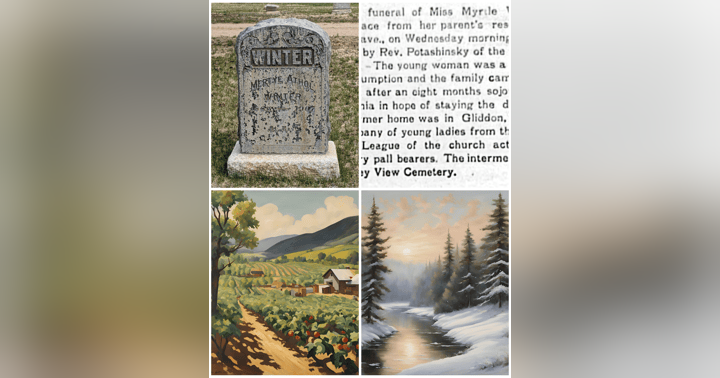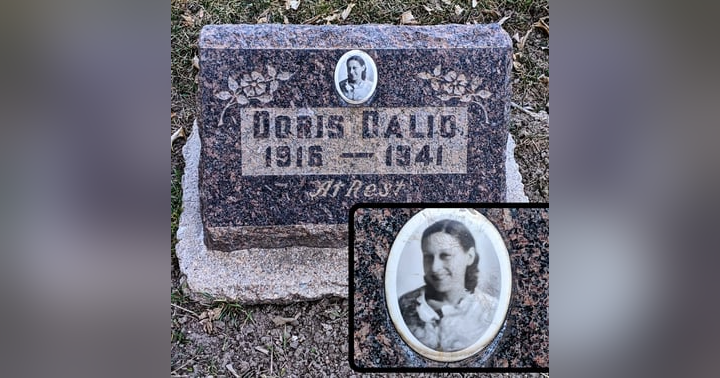Digging Deeper: Uncovering the Roots of Death and Burial Terminology

A recent online discussion sparked curiosity about the language surrounding death and burial. The term "planted" surprised some, but its origins imply the term was used with affection, especially among certain populations of farmers across the United States. This post explores various phrases used across cultures and communities to describe the act of burial or death, highlighting their meanings and origins. Many of these phrases can be found in classic literature, especially poetry and are sometimes used as epitaphs on headstones.
Beginning with some historical expressions, let's take a deeper look at using the word
"Planted". Originating from 19th-century pioneers, referencing the biblical passage Psalm 92:13, "The righteous will flourish like a palm tree... they will remain planted in the house of the Lord." Planting the body beneath the earth will help it transition from its earthly life so that the soul can grow in Heaven in the same way that a seed grows into a plant.
There are many phrases that use the words "Rest" or "Sleep". These words are especially popular in poetry such as John Donne's "Death Be Not Proud" (1633) "From rest and sleep, which but thy pictures be."
Or William Wordsworth's "Ode: Intimations of Immortality" (1807) "Sleep, death's twin brother, gently comes, / With quiet pace, and soft, serene face." Some of the most common phrases using these words include: "Laid to Rest", "Gone to His Last Sleep", "Asleep in Jesus" and "Sleeps the Long Sleep".
The phrase "Six Feet Under" may have originated from 17th-century Europe, where it was recommended to bury bodies at least six feet deep to contain diseases and deter animals from digging up remains. Today, most modern graves are typically around 4 feet deep as most cemeteries (in America, at least) use concrete burial vaults to contain the casket and prevent collapse.
"Crossed Over" or "Crossing Over" is a phrase deeply rooted in African American culture and spiritual traditions. As enslaved people converted to Christianity they sang spirituals like "Swing Low, Sweet Chariot" and "Wade in the Water" containing lyrics referencing crossing over, symbolizing escape from slavery and transition to the afterlife.
Those who have served in the military will sometimes say "Answered the Last Roll Call or Muster", meaning they have fulfilled their military and earthly obligations and they have joined the ranks of fellow veterans who have passed on, standing guard in the afterlife. On occasion you can find this phrase engraved on a veteran's headstone.
In the modern funeral industry the following words and phrases are often used: "Burial", "Interment" and "Inhumation" all refer to the act of placing a body in the ground while the word "Inurment" is the burial of cremated remains.
As we can see, language surrounding death reflects cultural heritage, history, and values and reflects our complex relationship with mortality. We each have our own way with coming to terms with the loss of loved ones. Some of us prefer more formal terms while others like to insert a sense of humor to ease their own pain. This is the beauty of language and human emotion.















